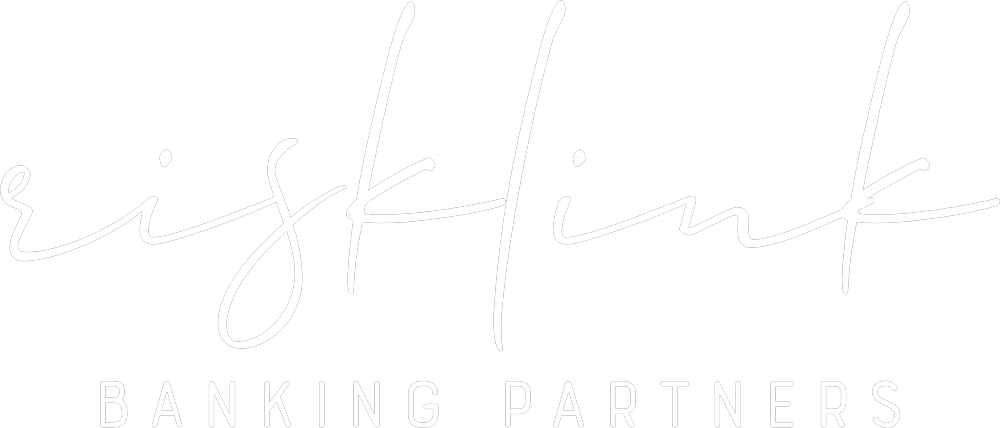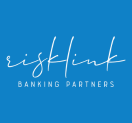Understanding Compliance in High-Risk Banking
Compliance in high-risk banking transcends mere adherence to laws—it embodies the foundational trust and stability in financial markets. Sectors like gaming, cryptocurrency, and adult entertainment face stringent scrutiny due to their elevated risk profiles. Effective compliance safeguards against financial crimes and ensures transactional integrity, which is critical in maintaining operational legality and preventing monetary penalties.
The Role of Compliance in Mitigating Risks
Compliance serves multiple vital functions in high-risk banking. It not only protects businesses from potential illegal activities but also ensures adherence to regulatory frameworks. Early identification of fraud and money laundering through robust compliance frameworks helps mitigate risks that could lead to severe financial and legal repercussions.
Challenges of Compliance in High-Risk Sectors
Regulatory frameworks are continuously evolving to adapt to new technologies and methods of transacting. This dynamic regulatory landscape requires businesses to remain agile, adapting compliance strategies swiftly to stay aligned with current laws, thus safeguarding their operations against potential infringements and associated costs.
Strategies for Effective Compliance
Companies must invest in comprehensive, regularly updated training programs to manage compliance effectively. Utilizing advanced technologies like AI to monitor transaction patterns can significantly enhance the efficiency of these programs. Collaborating with specialized financial institutions like Risk Link can provide tailored banking solutions that meet rigorous compliance standards.
Expanded Focus on Compliance Infrastructure
Modernising compliance infrastructure and harnessing cutting-edge technologies are crucial for maintaining efficiency and anticipating regulatory changes. Integrating legacy systems with new technologies like cloud computing and AI necessitates a strategic approach to compliance, ensuring that financial services can adapt to continuous regulatory changes without compromising the trust and stability of the financial system.
Navigating New Compliance Frontiers: AI and Cryptocurrencies
With the rapid commercialization of AI and the evolving landscape of digital currencies, new compliance challenges emerge. Regulatory frameworks are increasingly focusing on AI and cryptocurrencies to ensure these technologies are integrated into the financial system without increasing the risk of fraud or destabilizing financial markets. This includes ensuring that AI-driven processes are transparent and adhere to ethical standards, while also setting guidelines for the use of cryptocurrencies to protect against money laundering and other financial crimes.
The Role of RegTech in Compliance
Regulatory technology (RegTech) can play a pivotal role in enhancing the compliance capabilities of financial institutions. By automating compliance tasks, RegTech can help reduce costs and improve accuracy in monitoring regulatory requirements. This is particularly crucial in high-risk sectors where the regulatory environment is complex and rapidly changing.
Strengthening Compliance Through Consumer Protection
Embedding consumer protection measures into compliance frameworks is becoming increasingly important. This involves not only protecting consumer data but also ensuring that financial products are suitable for consumers and do not expose them to undue risks. This aspect of compliance is especially critical in sectors like retail banking, where the interaction with consumers is frequent and directly impacts their financial health.
FAQs
What is considered a high-risk industry?
High-risk industries include sectors like gaming, cryptocurrency, adult entertainment, and others that are prone to financial irregularities and regulatory scrutiny.
Why is compliance particularly important in high-risk banking?
Compliance ensures that companies in high-risk sectors operate within legal and regulatory frameworks, protecting them from financial and reputational damage.
Learn More:
For an in-depth look at how global regulations are shaping up to address these evolving challenges, consider the insights from the Financial Action Task Force (FATF), which plays a critical role in setting global standards for combating money laundering and terrorist financing.






